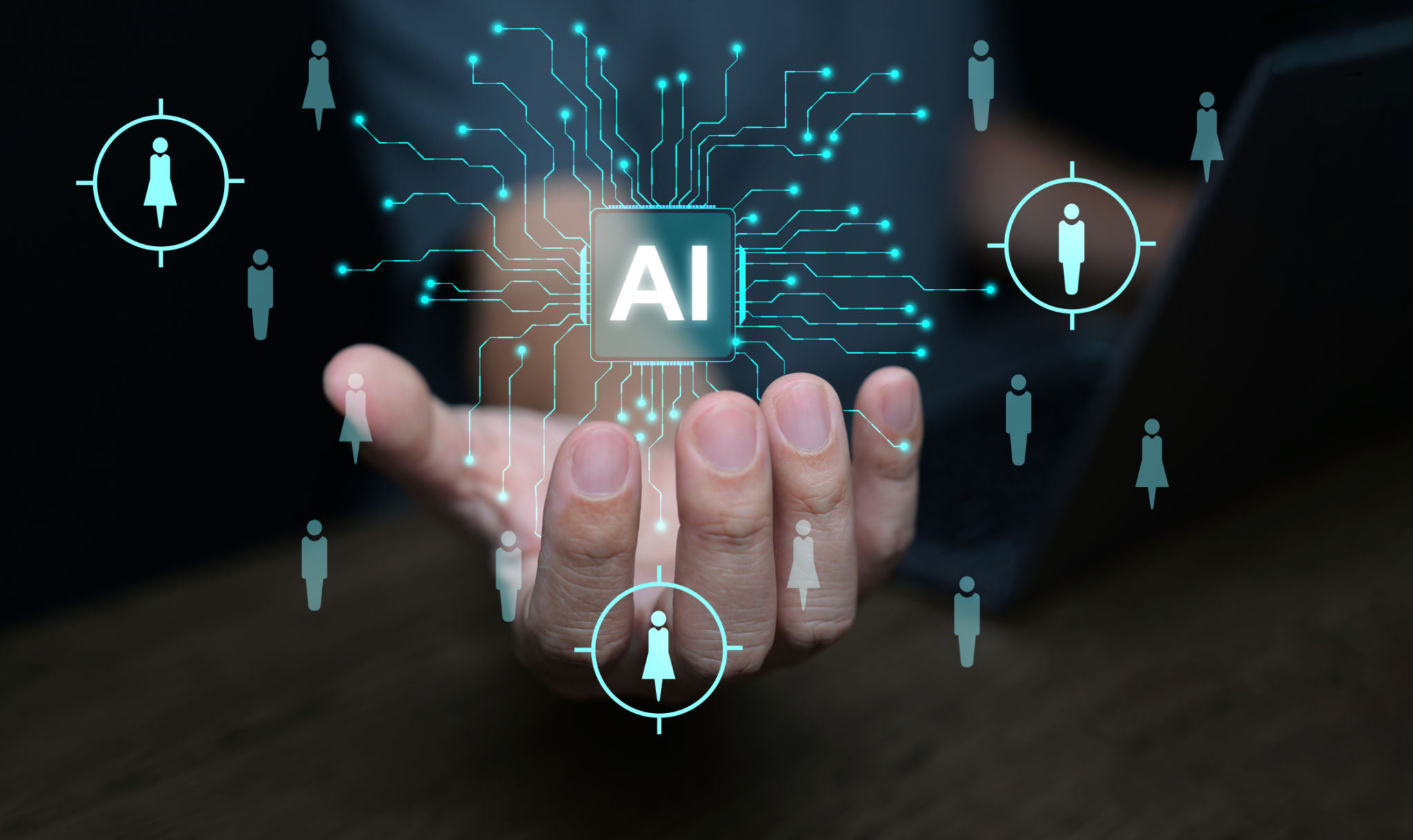The Future of Recruitment: Trends Shaping the Industry
The Digital Transformation of Recruitment
The recruitment industry is undergoing a significant transformation driven by digital advancements and changing workforce dynamics. With the rise of artificial intelligence and machine learning, the process of hiring is becoming more streamlined and efficient. These technologies are not only reducing the time it takes to fill positions but also improving the quality of hires by analyzing candidate data more effectively.
AI-powered tools are now capable of screening resumes, conducting initial interviews, and even predicting candidate success. This shift is allowing recruiters to focus more on strategic decision-making rather than administrative tasks. As a result, companies are seeing a higher return on investment in their recruitment efforts.

Remote Work and Global Talent Pools
The pandemic has accelerated the acceptance of remote work, leading to a more globalized approach to recruitment. Companies are no longer restricted by geographical boundaries when searching for talent. This shift is opening up opportunities for businesses to access a diverse range of skills and perspectives that were previously unavailable.
With remote work becoming the norm, organizations are increasingly investing in tools that facilitate virtual collaboration and communication. Platforms like Zoom, Slack, and Microsoft Teams are now essential in maintaining productivity and engagement with remote employees. This trend is expected to continue as companies recognize the benefits of a flexible workforce.

Diversity and Inclusion as a Priority
Diversity and inclusion (D&I) have become crucial elements in recruitment strategies. Companies are recognizing that a diverse workforce leads to better decision-making, innovation, and overall performance. As such, many organizations are implementing D&I initiatives to attract a wider range of candidates.
Recruiters are now utilizing technology to reduce bias in the hiring process. For example, AI can help identify language in job descriptions that may deter certain demographics from applying. Additionally, blind recruitment processes, where identifying information is removed from applications, are becoming more common to ensure a fair evaluation of candidates.

The Rise of Employer Branding
In today's competitive job market, employer branding is more important than ever. Companies are investing significant resources into building a strong brand that attracts top talent. This involves showcasing company culture, values, and employee experiences through various channels such as social media, career websites, and employee testimonials.
Potential candidates are increasingly looking for workplaces that align with their personal values and offer opportunities for growth and development. As a result, organizations need to communicate their unique value proposition clearly and authentically to stand out in the recruitment landscape.

The Role of Data Analytics in Recruitment
Data analytics is revolutionizing the way recruitment decisions are made. By analyzing key metrics such as time-to-hire, cost-per-hire, and quality-of-hire, companies can optimize their recruitment strategies and improve overall efficiency.
Predictive analytics is also playing a pivotal role in anticipating future hiring needs. By analyzing trends and patterns within an organization, recruiters can proactively build talent pipelines for future vacancies. This approach not only saves time but also ensures that businesses have the right people in place to meet their strategic goals.
In conclusion, the future of recruitment is being shaped by technological advancements, changing workforce dynamics, and an increased focus on diversity and employer branding. Companies that embrace these trends will be better positioned to attract and retain top talent in an ever-evolving job market.